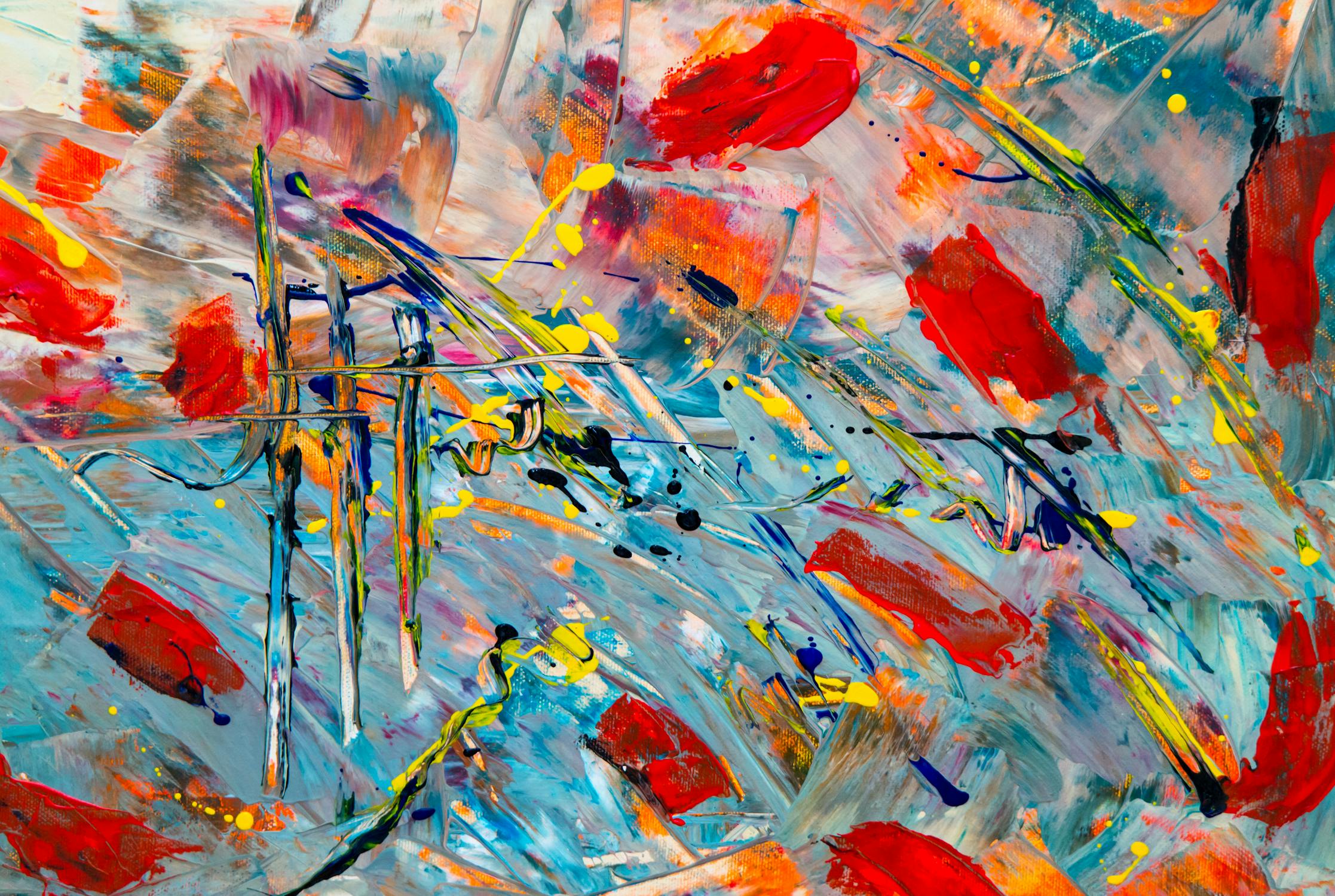Art Therapy in Addiction Recovery
Art therapy is a powerful and expressive approach that has gained recognition as an effective form of treatment in addiction recovery. Combining the creative process with therapeutic techniques, art therapy offers individuals struggling with addiction a unique outlet for self-expression, healing, and personal growth. This article explores the role of art therapy in addiction recovery, its benefits, and how it can complement traditional treatment approaches.

Understanding Art Therapy in Addiction Recovery
Art therapy is a therapeutic modality that utilizes various art forms, such as painting, drawing, sculpting, and collage, as a means of self-exploration and emotional expression. It provides individuals with a safe and non-verbal medium to communicate their thoughts, feelings, and experiences. In addiction recovery, art therapy can be a valuable tool for both self-reflection and interpersonal exploration.
The Benefits of Art Therapy in Addiction Recovery
1. Emotional Expression and Processing
Art therapy allows individuals to express complex emotions that may be difficult to verbalize. Through the creative process, individuals can access and release deeply held emotions, facilitating catharsis and emotional healing. This can be particularly helpful for individuals in early recovery who may struggle with articulating their feelings.
2. Self-Discovery and Insight
Engaging in art-making activities can lead to self-discovery and increased self-awareness. Art therapy encourages individuals to explore their inner thoughts, beliefs, and experiences, helping them gain insight into their patterns of behavior, triggers, and underlying issues contributing to their addiction. This self-awareness lays the foundation for personal growth and transformation.
3. Stress Reduction and Coping Skills
Art therapy provides a therapeutic outlet for stress reduction. Engaging in the creative process promotes relaxation, mindfulness, and a sense of flow. It offers individuals a healthy coping mechanism to manage stress, cravings, and other triggers associated with addiction. Art therapy can also foster the development of new coping skills and healthy ways of self-soothing.
4. Building Self-Esteem and Empowerment
Creating art can be a confidence-building experience. As individuals see their ideas take shape and witness their own creative abilities, their self-esteem can improve. Art therapy promotes a sense of accomplishment, self-acceptance, and empowerment. This newfound confidence can be instrumental in maintaining recovery and pursuing a fulfilling life beyond addiction.
5. Enhancing Communication and Interpersonal Skills
Art therapy can help individuals improve their communication and interpersonal skills. Through art-making, individuals can practice expressing themselves visually and develop alternative ways of communicating. Art therapy also offers opportunities for group work, fostering social connections and promoting healthy relationships within a supportive community.
Integrating Art Therapy with Traditional Treatment Approaches
Art therapy is most effective when integrated into a comprehensive addiction treatment program. When combined with evidence-based therapies such as cognitive-behavioral therapy (CBT), motivational interviewing (MI), and group therapy, art therapy can enhance the overall treatment experience. It can be particularly valuable in addressing underlying issues, trauma, and co-occurring mental health disorders.
Ethical Considerations and Professional Art Therapists
To ensure the ethical and safe practice of art therapy in addiction recovery, it is important to involve qualified and trained art therapists. Professional art therapists possess the necessary knowledge and skills to guide individuals through the therapeutic process, create a supportive environment, and address any challenges that may arise during art therapy sessions.
Conclusion
Art therapy offers a powerful and effective means of self-expression, healing, and personal growth in addiction recovery. By engaging in the creative process, individuals can access and express their emotions, gain self-awareness, develop coping skills, and build self-esteem. When integrated into a comprehensive treatment program, art therapy can complement traditional approaches and provide individuals with a holistic approach to their recovery journey
With the guidance of professional art therapists, art therapy becomes a valuable tool that fosters transformation, resilience, and a renewed sense of purpose for individuals in addiction recovery.